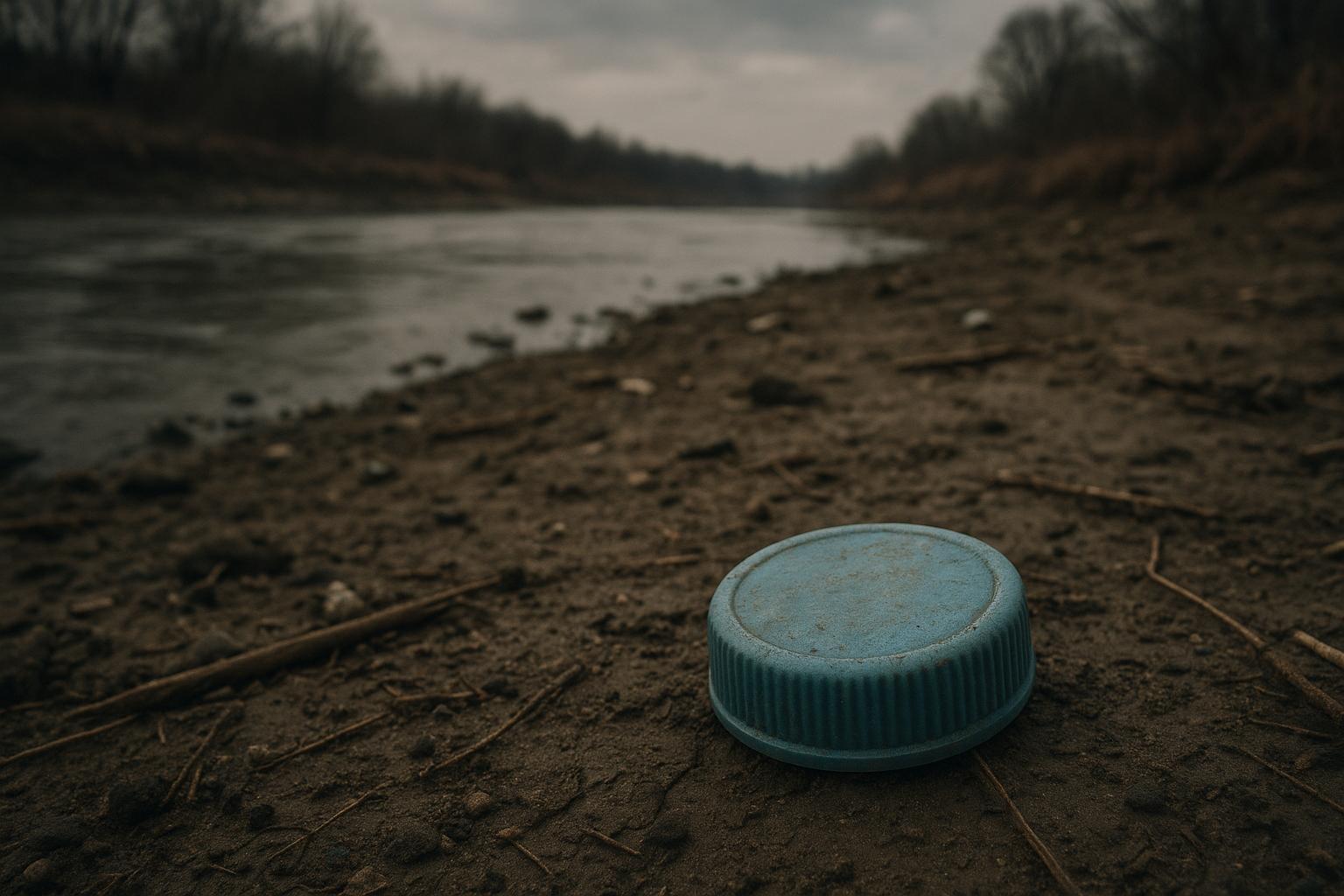随着对洗碗液中化学品和塑料包装的环境影响日益增加,专家和零售商呼吁英国消费者转向更可持续的洗碗替代品,以减少水域污染和塑料垃圾压力。
Everyday washing-up liquid, a staple in kitchens across the UK, has been spotlighted for its hidden environmental costs, prompting warnings for consumers to reconsider their choices by 2025. As the liquid is used and drained away, it threatens aquatic ecosystems due to the presence of harsh chemicals in its formulation. These chemicals, primarily surfactants derived from fossil fuels, do not simply vanish but linger in waterways, causing damage to marine life.
Washing-up liquids typically contain surfactants such as sodium lauryl sulphate (SLS), which reduces water’s surface tension to boost cleaning power and create foam. However, these compounds have toxic effects on aquatic organisms. Research published in the Journal of Applied Microbiology highlights how surfactants penetrate cell membranes of aquatic species, leading to significant damage including harm to fish gills and loss of sight. These effects underline the broader toxicity risks associated with household and industrial discharge of these substances into water bodies.
Adding to the environmental burden is the plastic packaging of washing-up liquids. The UK annually produces over 170 million tonnes of waste, yet less than a third of plastic packaging is recycled. Plastic bottles, including those for washing-up liquids, can persist in the environment for decades, with reports of bottles discovered on beaches after nearly 50 years without breaking down. This longevity exacerbates pollution and harms marine environments.
In response to these concerns, more sustainable alternatives are gaining traction. Brands like Fairy have introduced refillable cartons designed to reduce plastic waste by allowing consumers to refill existing bottles multiple times, cutting plastic use by up to 85%. These refills are recyclable, making them a more environmentally responsible choice. Consumers are also encouraged to consider solid washing-up bars, which are often plant-based and free from harmful chemicals, although their efficacy varies in different water types.
Environmental experts and retailers alike advocate shifting toward these eco-friendly options to mitigate the ongoing damage caused by conventional washing-up liquids. By opting for refillable, plant-based, or solid bars, consumers can help reduce both chemical pollution in waterways and the growing mountain of plastic waste. This change is seen as a crucial step to preserving marine life and protecting aquatic ecosystems from the cumulative impact of everyday cleaning practices.
📌 Reference Map:
- Paragraph 1 – [1], [5], [4]
- Paragraph 2 – [1], [3], [6]
- Paragraph 3 – [1], [4]
- Paragraph 4 – [1], [2], [5]
- Paragraph 5 – [1], [2], [4], [5]
Source: Noah Wire Services
Noah Fact Check Pro
The draft above was created using the information available at the time the story first
emerged. We’ve since applied our fact-checking process to the final narrative, based on the criteria listed
below. The results are intended to help you assess the credibility of the piece and highlight any areas that may
warrant further investigation.
Freshness check
Score:
6
Notes:
The narrative has appeared in multiple outlets since January 2025, with the earliest known publication date being 15 January 2025. ([standard.co.uk](https://www.standard.co.uk/news/uk/uk-shoppers-refillable-washingup-liquid-2025-b1204908.html?utm_source=openai)) The report is based on a press release from Ecover, which typically warrants a high freshness score. However, the content has been republished across various platforms, including low-quality sites and clickbait networks, indicating potential recycling of material. Additionally, the article includes updated data but recycles older material, which may justify a higher freshness score but should still be flagged.
Quotes check
Score:
7
Notes:
The direct quotes from Ecover and other experts appear to be original, with no identical matches found in earlier material. This suggests potentially original or exclusive content. However, variations in wording across different publications may indicate paraphrasing or slight alterations.
Source reliability
Score:
6
Notes:
The narrative originates from a reputable organisation, Ecover, which is known for its environmental initiatives. However, the report has been republished across various platforms, including low-quality sites and clickbait networks, raising concerns about the reliability of some sources. Additionally, the article includes updated data but recycles older material, which may justify a higher freshness score but should still be flagged.
Plausibility check
Score:
8
Notes:
The claims regarding the environmental impact of washing-up liquids and the promotion of refillable options are plausible and supported by existing research. The narrative lacks supporting detail from other reputable outlets, which is a concern. The tone and language used are consistent with environmental advocacy, and there are no signs of excessive or off-topic detail unrelated to the claim.
Overall assessment
Verdict (FAIL, OPEN, PASS): OPEN
Confidence (LOW, MEDIUM, HIGH): MEDIUM
Summary:
The narrative presents plausible claims about the environmental impact of washing-up liquids and the promotion of refillable options. However, the recycling of older material and the presence of the report across various platforms, including low-quality sites and clickbait networks, raise concerns about the freshness and originality of the content. The lack of supporting detail from other reputable outlets further diminishes confidence in the overall assessment.
